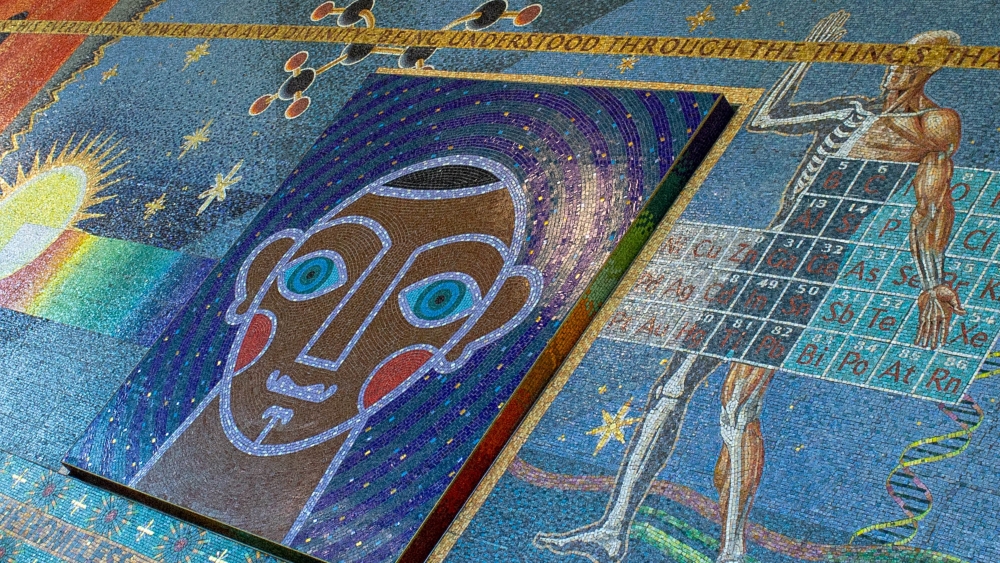Impact of Physical Activity on Subsequent Night's Sleep in Patients after Cardiac Surgery
Purpose
This study aimed to examine the effects of daily physical activity on daily sleep in postsurgical cardiac patients.
Background and significance
After cardiac surgery, patients often experience sleep disturbances, including poor sleep quality and increased awakenings. Sleep benefits postoperative physical function and overall recovery and has been related to physical activity. Physical activity and sleep have daily variations, but no study has examined their daily relationships after cardiac surgery.
Theoretical/Conceptual framework
This study is guided by the Theory of Planned Behavior.
Method
In this longitudinal pilot study, 33 adults aged 18 to 80 who had undergone cardiac surgery were recruited from one hospital in Chicago and using an online recruitment site. Daily physical activity and sleep were measured using a wrist-worn ActiGraph for 7 days. Sociodemographic, clinical, and psychosocial factors were assessed for covariates using self-reported online questionnaires. Mixed-effects model analyses were applied to examine the effects of daily physical activity on five sleep variables; covariates were selected from significant bivariate correlational and regression analyses results as well as previous research evidence.
Results
Participants were mostly male (57.6%), non-Hispanic whites (63.6%) and had a mean age of 60.8 ± 10.1 years. Their mean body mass index (BMI) indicated overweight (28.4 ± 5.2 kg/m2), and 54.6% had undergone coronary artery bypass graft surgery 85.7 ± 91.2 months earlier. In mixed-effects model analyses, higher daily moderate-to-vigorous physical activity was significantly associated with lower daily sleep latency (b=-1.32, p<.05). Among covariates, lower depression (b=2.72, p<.05), higher companionship (b=0.37, p<.05), and higher instrumental support (b=2.40, p<.05) were associated with lower daily wake after sleep onset, greater daily sleep efficiency, and longer daily total sleep time, respectively. In addition, older age, higher BMI, and a higher comorbidity index predicted more daily sleep disturbances.
Conclusions
In postsurgical cardiac patients, daily physical activity should be assessed and managed as a means to enhance daily sleep status. Tailoring sleep interventions to individuals based on their comorbidities and psychosocial factors is also important. Future research should explore interactions between daily physical activity and sleep with larger samples during varying time periods after surgery and should comprehensively assess sleep status, including sleep disorders, napping, and daytime sleepiness.
Impact of Physical Activity on Subsequent Night's Sleep in Patients after Cardiac Surgery


